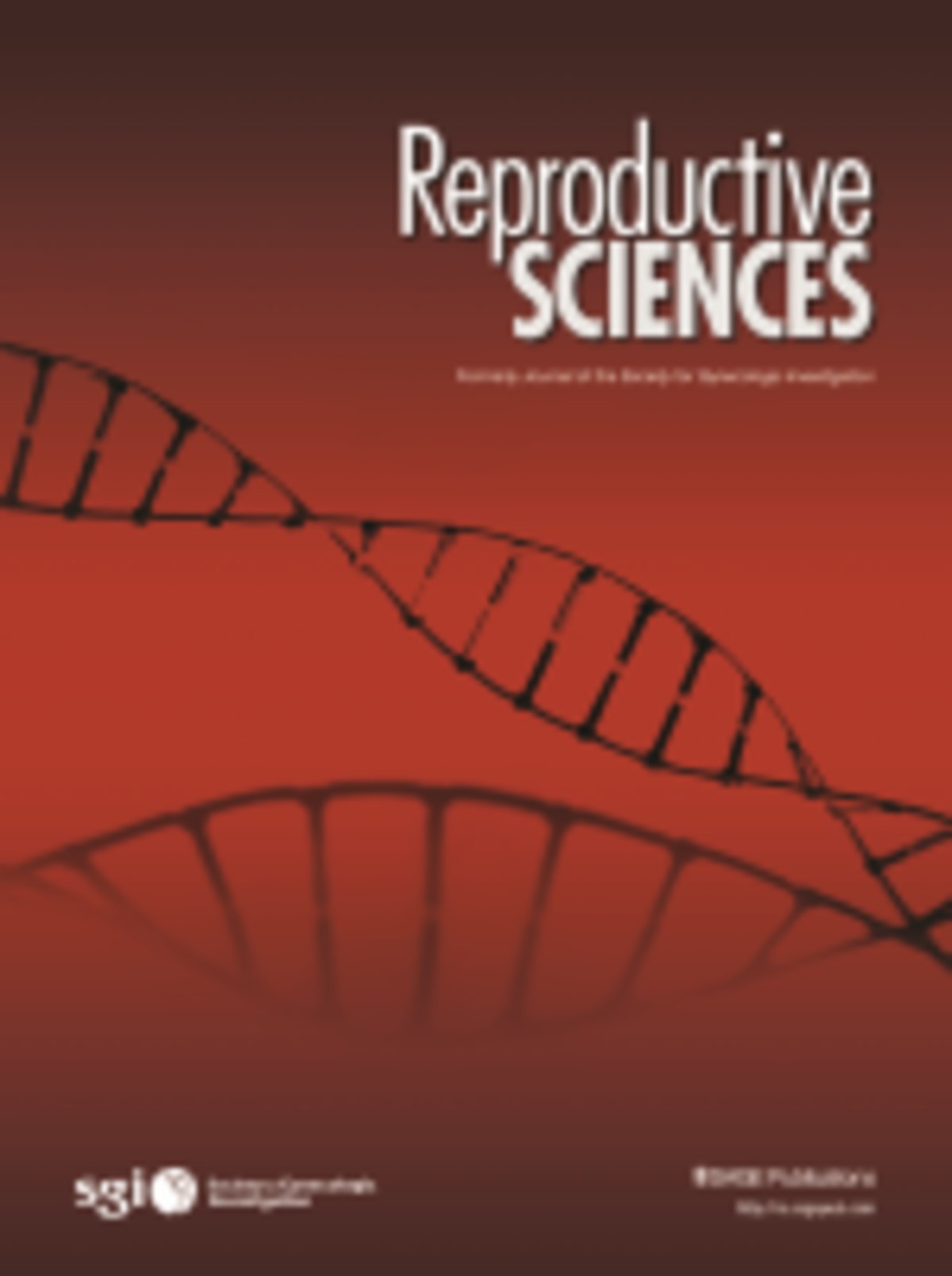
“The myometrium, especially the junctional zone (JZ), is now well documented to have a role in the pathogenesis of adenomyosis. Cannabinoid receptors have been shown to participate in the establishment of endometriosis and its pain perception. However, its relation to adenomyosis has not been identified yet. The aim of this study was to investigate the expression of cannabinoid receptor type I (CB1) and type II (CB2) in myometrium of uteri with and without adenomyosis and determine the correlation between their levels and clinical parameters of adenomyosis. We collected tissue samples of JZ and the outer myometrium from 45 premenopausal women with adenomyosis and 34 women without adenomyosis. CB1 and CB2 messenger RNA (mRNA) and protein expression levels were evaluated by the use of Western blotting and real-time quantitative polymerase chain reaction from all samples. Clinical information on the severity of dysmenorrhea and other data were collected. We found both CB1 and CB2 mRNA and protein levels in women with adenomyosis were significantly higher than those of controls, and CB1 expression levels in JZ were positively correlated with the severity of dysmenorrhea. These data suggest that cannabinoid receptor CB1 may be involved in the pathogenesis of dysmenorrhea in adenomyosis and may be a potential therapeutic target.”
https://www.ncbi.nlm.nih.gov/pubmed/30832539
https://journals.sagepub.com/doi/abs/10.1177/1933719119833483?journalCode=rsxb
